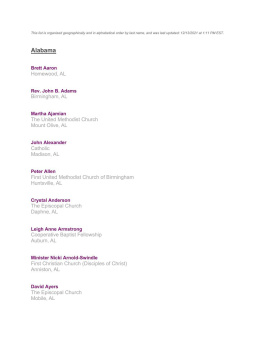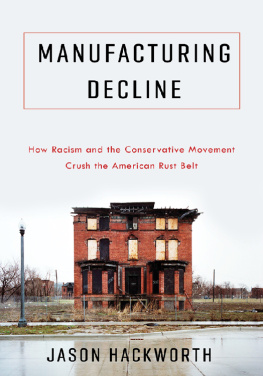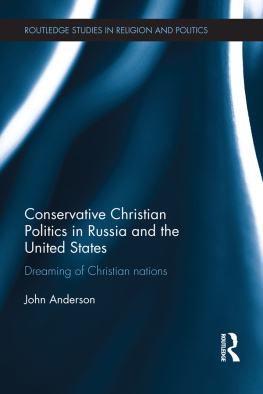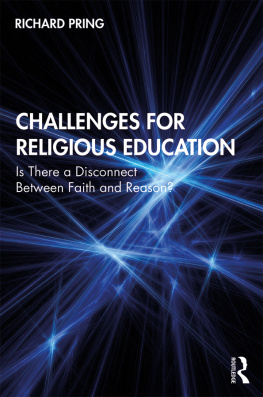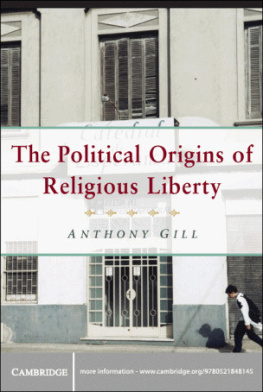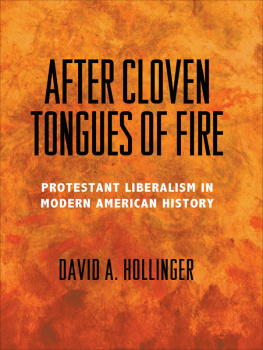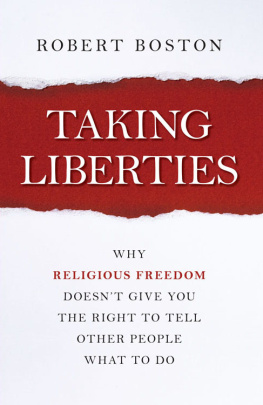Faith Based
GEOGRAPHIES OF JUSTICE AND SOCIAL TRANSFORMATION
SERIES EDITORS
Deborah Cowen, University of Toronto
Nik Heynen, University of Georgia
Melissa W. Wright, Pennsylvania State University
ADVISORY BOARD
Sharad Chari, London School of Economics
Bradon Ellem, University of Sydney
Gillian Hart, University of California, Berkeley
Andrew Herod, University of Georgia
Jennifer Hyndman, York University
Larry Knopp, University of Washington, Tacoma
Heidi Nast, DePaul University
Jamie Peck, University of British Columbia
Frances Fox Piven, City University of New York
Laura Pulido, University of Southern California
Paul Routledge, University of Glasgow
Neil Smith, City University of New York
Bobby Wilson, University of Alabama
Faith Based
RELIGIOUS NEOLIBERALISM AND THE POLITICS OF WELFARE IN THE UNITED STATES
JASON HACKWORTH
2012 by the University of Georgia Press
Athens, Georgia 30602
www.ugapress.org
All rights reserved
Designed by Walton Harris
Set in 10/13 Minion Pro
Printed digitally in the United States of America
Library of Congress Cataloging-in-Publication Data
Hackworth, Jason R.
Faith based : religious neoliberalism and the politics of welfare in the United States / Jason Hackworth.
p. cm. (Geographies of justice and social transformation ; 11)
Includes bibliographical references and index.
ISBN-13: 978-0-8203-4303-7 (hardcover : alk. paper)
ISBN-10: 0-8203-4303-X (hardcover : alk. paper)
ISBN-13: 978-0-8203-4304-4 (pbk. : alk. paper)
ISBN-10: 0-8203-4304-8 (pbk. : alk. paper)
1. NeoliberalismUnited StatesHistory. 2. Religious rightUnited StatesHistory. 3. ConservatismUnited StatesHistory. I. Title.
JC574.2.U6H33 2012
361.973dc23 2011043748
British Library Cataloging-in-Publication Data available
ISBN for this digital edition: 978-0-8203-4372-3
CONTENTS
PREFACE
I sometimes pine to be a historian. My job would then consist of excavating fragments of the past and debating with my colleagues about whose interpretation or archival source is correct. The historical event in question wouldnt change, but the light we might shed on it could or at least thats my romanticized version of a historians life. Instead, I foolishly chose to become a geographer a political economist really with an interest in current political events in the United States. I love thinking about such issues and bringing social science methods and theory to bear to prod the conversation surrounding them. The only problem is that with academic publishing time horizons, it is almost impossible to publish anything except yesterdays news. By the time that you analyze the data, write the paper (or book), wait for the reviews, and publish, it is almost inevitably old news.
What follows is an attempt, perhaps foolish, to wade into another current event. The book is about the synergies and tensions between economic and religious conservatives in the United States. When I first began thinking about this topic in early 2005, the U.S. political landscape was very different from how it is today. The Bush administrations faith-based initiative was heating up again after years of being dormant, and the Religious Right seemed in control of the political sphere like no other group. In one stretch that stands out to many students of this subject, politicians were tripping over themselves to nullify the decision by a brain-dead Florida womans husband to remove her from life support in March 2005. A few months later and a few hundred miles away in New Orleans, many in that same group stood by and waited for (largely religious) charities to come to the rescue of a city that was literally drowning. It was hard not to conclude that their efforts were specifically designed to impress the Religious Right.
But then 2006 happened and the Republicans were rebuked in part for both episodes. And then 2008 happened. Barack Obama was elected and the Religious Right seemed relegated to the background for at least a moment, if not for good. It would have been easy to say, Its time to move on; this topic has expired, and to be honest, I contemplated doing so. The Religious Right, after a series of scandals, seemed to lose its political teeth, and the scale of the problems facing the new administration in 2009 seemed too grand to rely on religious charities or hollow political stunts to resolve. The first few legislative initiatives of the Obama administration seemed to confirm this shift. The stimulus bill, financial regulation, and the health care act all seemed to foreground the role of government and to background the ideal of religious charities and other civil society intermediaries to solve the pressing problems of the day.
By 2010, the political landscape had changed yet again in a fairly fundamental way. The Tea Party had grown in power and ushered in the largest shift of House seats to the Republicans since the Great Depression. The mantra of less government seemed to have regained its cachet after several years of ringing anachronistic. While the public face of the Tea Party has been steadfastly oriented around antiseptic budgetary items like balancing the budget and reducing government waste, a recent Pew Poll found that many in the Tea Party were not only devout Christians but also relied on that faith for guidance in politics. Journalists have revealed, moreover, that many of the key Religious Right activists of the 1990s have reinvented themselves as Tea Party organizers in the post-Obama era. What are we to make of this? Is this the last gasp of a discredited Religious Right or a precursor to a time when politicians trip over themselves again to impress them? To be honest, I do not know not now anyway, in the summer of 2011 when this is being written but I hope that this book can both help start a conversation about how we got here and offer a framework for thinking about the next few steps.
This book is about the complicated relationship between neoliberalism and religious conservatism, particularly concerning the theme of welfare. I have been writing about neoliberalism for almost ten years now. By neoliberalism, I mean the political movement, derived from classical liberals like Adam Smith and John Locke and revived by mid-twentieth-century ideologues like Friedrich Hayek, Milton Friedman, Ayn Rand, and Ludwig von Mises. Definitions abound, but I generally think of it in the following way. First, neoliberalism involves an overwhelming emphasis on the individual. Individuals are responsible and best able to provide for themselves, solve problems alone, and decide what is best for them. Individuals are responsible for their own failures and successes and should be rewarded and punished accordingly. Second, it consists of an almost religious belief that the market (and the vehicle of property) is the best way to promote an individuals choice. And third, it consists of an almost equally religious belief that the state will inhibit both the market and individual choice. Synonyms abound, especially in the United States, where very few people actually self-identify with the label, but I see it as broadly similar to libertarianism or economic conservatism.
It has long been my view that neoliberalism, or whatever we call it, could not exist by itself. Politicians who run on a purely libertarian platform rarely get more than a fraction of the vote (especially when the specifics of their intended budget cuts come to light), and they often must cling to more electorally successful strategies like being antiabortion or promilitary to garner enough votes to win in even the most conservative districts. So why has it endured? Why do millions of dollars flow each year to neoliberal think tanks like CATO? Why are mantras like government isnt the solution; its the problem routinely invoked, and why do they successfully resonate with voters no matter what the context? Why is neoliberalism so seductive? It needs, in my view, other political supports to be sustainable. It flourishes, for example, when a crisis occurs or when there is some threat to national sovereignty, when its proponents can demonstrate that it is the best, or only, way out of a current problem. This book is about the support offered by the Religious Right, and in particular the effect it has had on the realm of welfare. The Religious Right is a polyglot of different agendas, and economic conservatism is generally not a central plank. But the Religious Right has been part of an electoral coalition since 1980, and a self-conscious ideational fusion with economic conservatives since at least the 1960s. It has helped win elections, but it has also, in my view, helped soften the edges of cold-hearted bare-knuckled neoliberalism. Saying that welfare should be abolished or that Medicare is unconstitutional sounds a lot more compassionate when you can point to an alternative. This study argues that disparate religiously oriented private institutions with no government funding will never be an actual replacement, but the

